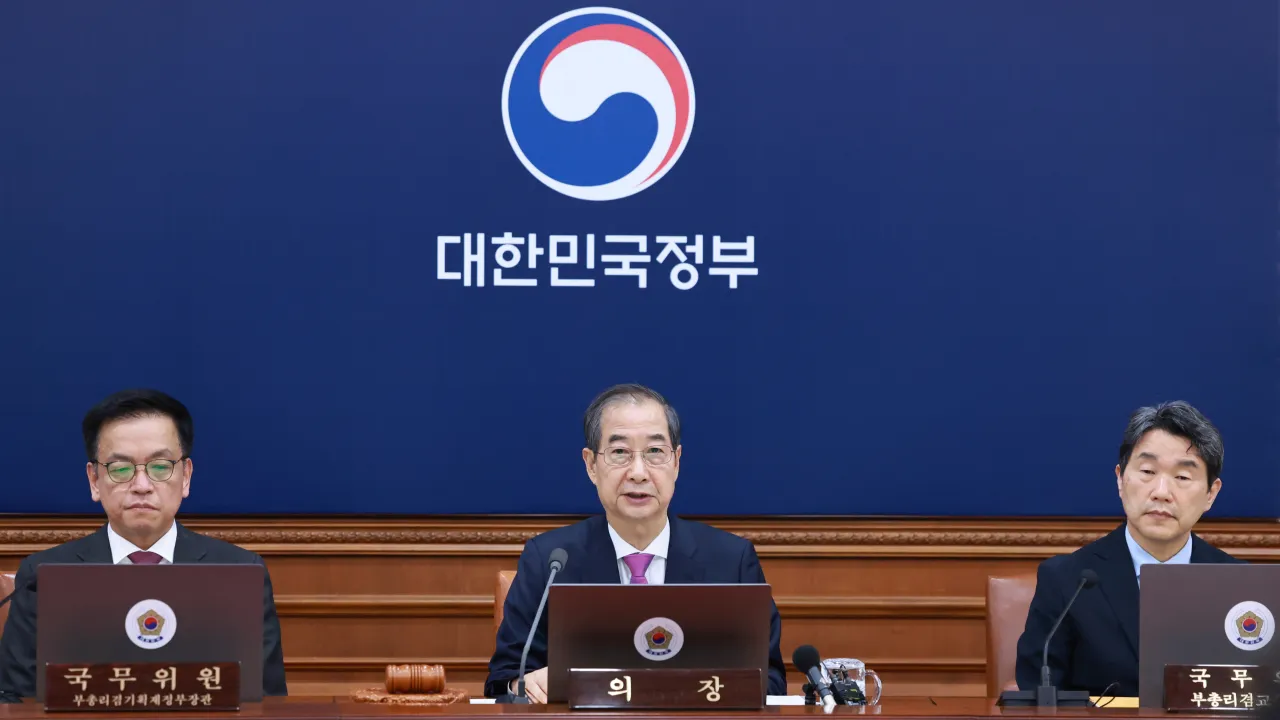South Korea will conduct its presidential election on June 3, as announced by the acting president, following the impeachment and removal of President Yoon Suk Yeol.
Yoon was ousted after his controversial and unsuccessful declaration of martial law. This marks a significant shift in the country’s political landscape as the nation prepares for a new leader.
Prime Minister Han Duck-soo confirmed that June 3 would be designated as the date for South Korea’s 21st presidential election.
To facilitate the voting process, the government will declare the day a temporary public holiday, ensuring that citizens can fully participate in the election.
Yoon Suk Yeol was removed from office by South Korea's Constitutional Court for breaching his official duties by issuing a martial law decree on December 3.
He also mobilized troops in a failed attempt to suspend parliamentary proceedings. The law stipulates that a new presidential election must be held within 60 days if the presidency becomes vacant.
The country has experienced months of political instability following Yoon's surprising martial law declaration, which led to his impeachment by the National Assembly.
The impeachment also extended to Prime Minister Han Duck-soo, who is currently serving as the acting president during this period of upheaval.
Han Duck-soo's impeachment was later overturned by South Korea's Constitutional Court, allowing him to remain in the role of acting president until the upcoming election.
This decision has helped stabilize the leadership in the interim, although the political uncertainty continues.
Meanwhile, the power vacuum at the top of the government has overshadowed South Korea's ability to address key issues, including its relationship with the administration of US President Donald Trump.
This is particularly concerning given the rising US tariffs and the slowdown in Asia’s fourth-largest economy.
Lee Jae-myung, the populist leader of the opposition Democratic Party, is seen as the leading candidate in the election despite facing his own legal challenges, including multiple trials for alleged election law violations and bribery.
Yoon's conservative People Power Party has a broad field of candidates, with Labour Minister Kim Moon-soo leading the charge.
Kim officially declared his intention to run for president on Tuesday, adding another contender to the party’s roster.
A Gallup poll released on April 4 reveals that 34% of respondents favored Lee Jae-myung as the next leader.
Conservative candidate Kim Moon-soo garnered 9% support, followed by former ruling party leader Han Dong-hoon at 5%, Daegu Mayor Hong Joon-pyo with 4%, and Seoul Mayor Oh Se-hoon, who received 2%.
